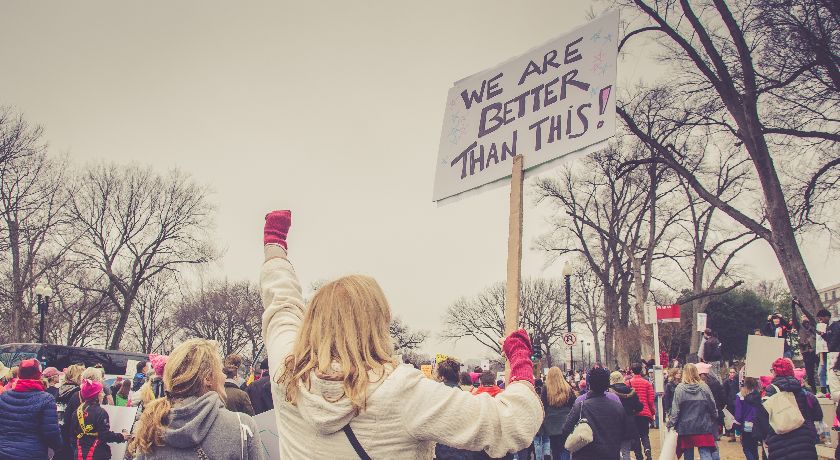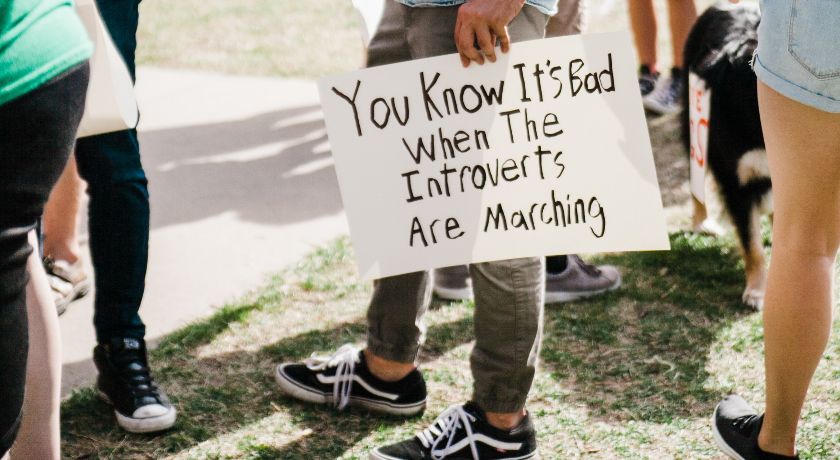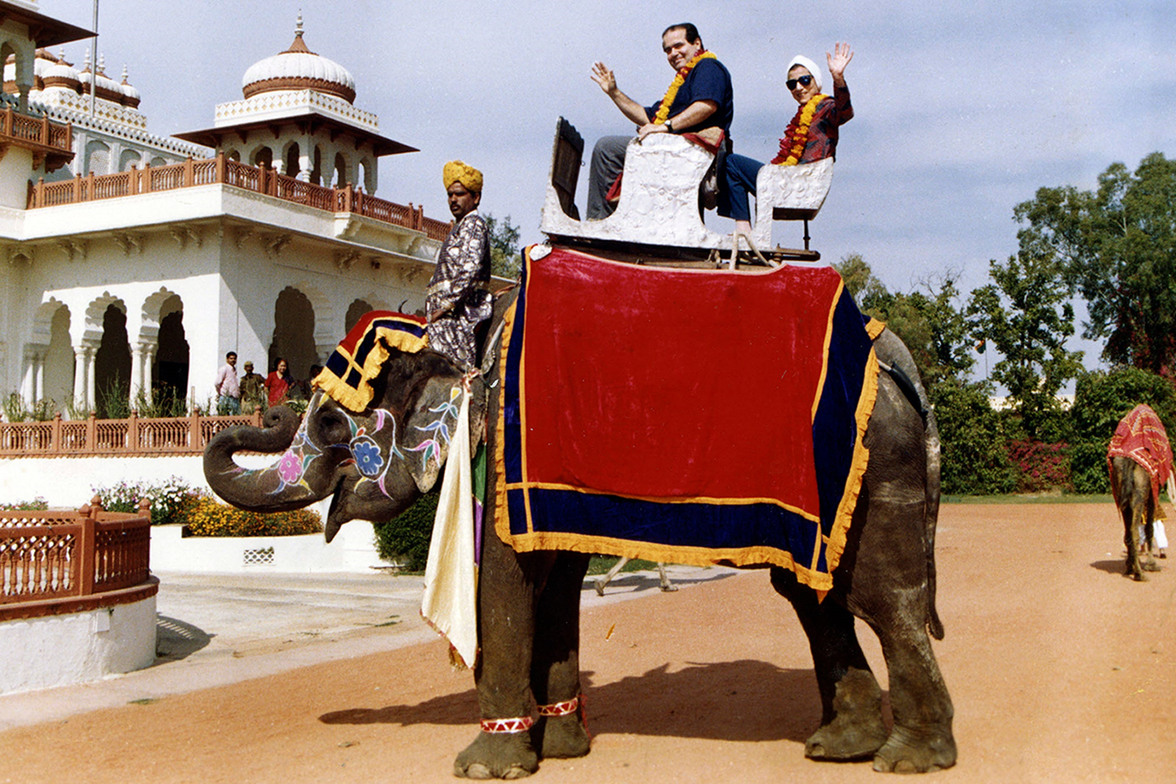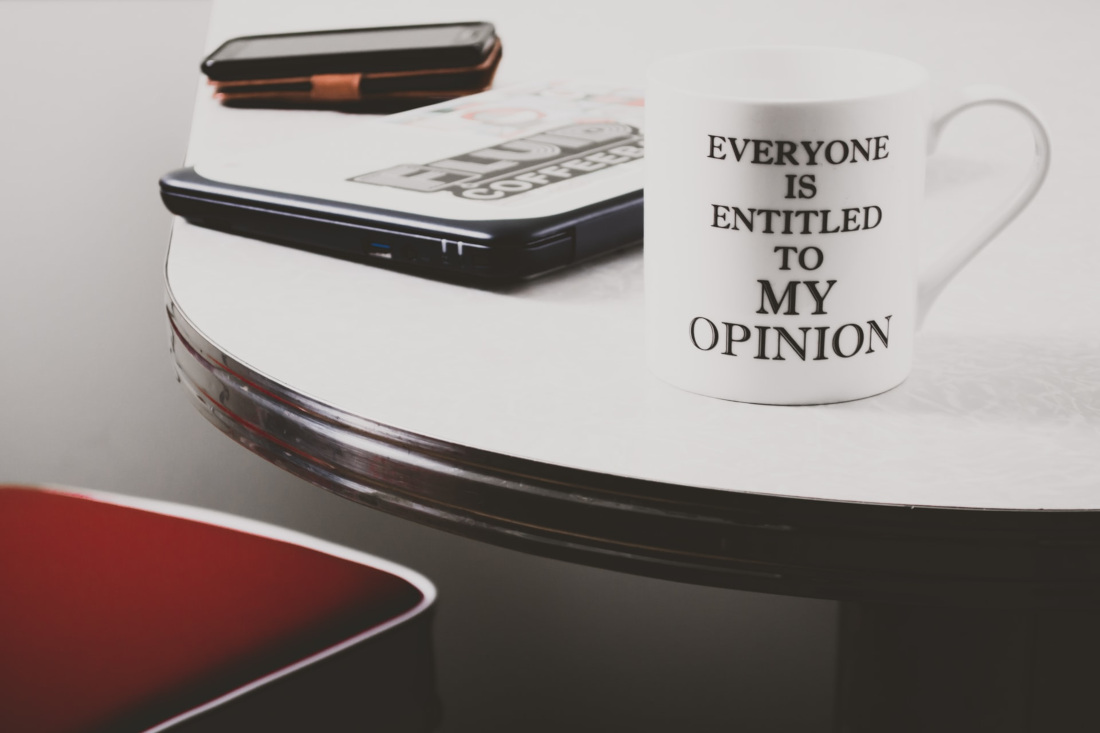How Can We Stay Civil in the Age of Outrage? Here are Three Ideas
In 2016 I found myself in the United States at the time of the Presidential election. Heading to Nashville airport one morning, my taxi driver told me he was thinking of voting for Donald Trump and asked me what I thought. An hour of lively but friendly debate followed. As we pulled into the airport he said sadly, “I wish we could keep driving, because I can’t have conversations like this with my fellow Americans anymore. We’re so busy shouting at each other we’ve stopped listening to one another.”
His words ring true far beyond the United States. In this moment of political polarisation and escalating aggression, how can we maintain a civility that keeps us talking despite our differences? I shared three ideas on this with Chris Evans on BBC Radio 2’s Pause for Thought segment recently, and have expanded them below.
Listen Now
Cultivating a Culture of Civility
When my taxi driver friend uttered his lament, I empathised. In previous months we’d seen the Brexit referendum bring its own measure of division to the UK, creating rifts even within families. A few months later I watched friends become enemies during Australia’s intense debate about marriage. Political antagonism is growing in Europe and other regions. Some have called this culturally polarised time the ‘age of outrage’. In taking a stand for our chosen cause, we’re losing civility in the process.
How can we stay neighbourly in times of disagreement? After pondering that Nashville conversation, here are some commitments I want to make to pursue civility:
Treat Others With Respect, Not Contempt

First, I want to treat others with respect, not contempt. That means no name calling or insulting those I disagree with, no trying to silence them with derogatory labels or demonising them in any way. It means:
- Refusing to share ridiculing memes about them on social media (like Trump Baby or Sadiq Khan Baby). While there’s a place for satire, it’s best done from ‘within’ a group rather than directed at those ‘without’.
- Checking our ideologies. Left unchecked, our political leanings can assign heroes and villains to news stories before time (notice how some on the Right ridiculed Christine Blasey Ford during the US Supreme Court saga before she’d told her story, while some on the Left judged Brett Kavanaugh guilty before he’d had a chance to defend himself). When we find ourselves quickly declaring someone a villain, it could be our conservatism, liberalism, feminism or other ideology speaking rather than facts. That doesn’t respect anyone.
- Refusing to label others as ‘fascist’, ‘racist’, ‘Marxist’, ‘liberal’ or whatever other label works to silence their message before it’s heard.
- Keeping any critiques of public leaders to verified behaviour, not rumour.
Treat Other Viewpoints Fairly, Not Maliciously

I also want to treat other viewpoints fairly, not maliciously. That means taking time to understand them, refusing to spread half-truths about them, and acknowledging their merits, even if they don’t in total convince me. It means:
- Refusing to spread fake news (here’s a good checklist to follow before passing on that sensational news story).
- Broadening our sources of information (if we watch only Fox or CNN, read only the Guardian or the Daily Mail, follow only those we agree with on Twitter, we’re setting ourselves up for group think. News Corp would never write a story like this, the Guardian would never publish a piece like this. Read widely.
- Being open to our own opinions being critiqued.
- Pursuing truth at all costs.
Disagree Thoughtfully, Not Defensively

And I want to disagree thoughtfully, not defensively. Some words, actions and policies should be opposed – and opposed firmly. But when passion runs hot, rashness can follow. I want to speak from a clear head. That means:
- Staying out of the Twitter wars. As I’ve mentioned before, social media works ‘best’ when it is emotionally charged. Angry posts get more reaction, retweets and shares, but don’t necessarily foster greater clarity or civility. I don’t want to get dragged into the dysfunctional aspects of that system.
- Stating our positions with confidence and humility, keeping open the possibility we could be wrong.
My model for all this is Jesus, who could be found having dinner with his opponents and whose nickname ‘a friend of sinners’ suggests he hung around people who broke his own moral rules. Jesus remained neighbourly to those he disagreed with.
We’re in a time of important change. Stands need to be taken. But when history looks back may it also be said that we took a stand for civility too.





